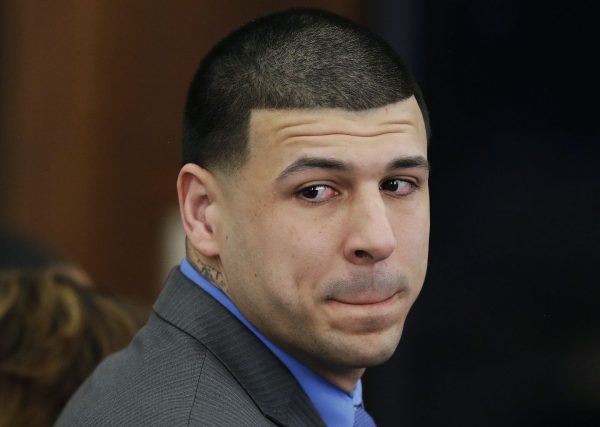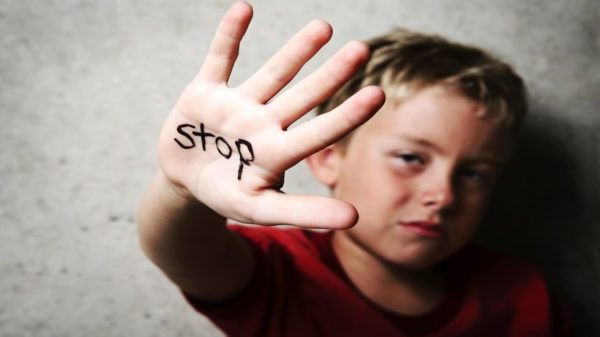I had such a great session with Erik and Kim this morning. Someone sent me an article about an alien by the name of “Mogay” who is stranded here on Earth, seeking the help of the investigators at MUFON, the Mutual UFO Network. I can’t wait to share it with you. Kim also trance channeled Erik and did even better than the first time. Surrendering completely without sneaking back into the body isn’t easy, but Erik is helping her, and practice makes perfect. Let’s start our series on forgiveness. Who hasn’t had an issue with this?
Me: Good morning, Milady! How are you doing?
Jamie: I’m doing good.
Me: Hey, Erik. How are you doing?
Erik: Hi, Mom. I love you! Hi, everybody.
Me: I love you. I had a nice time with you on Thanksgiving!
Erik: I loved my place setting.
Jamie: He was saying hi to the camera, and the camera just went (making a twisting motion with her hand) “Rrnt”
Me: Really?
Jamie: Yeah.
Me: I wish we could see your face, man! You need to manifest as an orb or something in front of the camera. Can you do that? You’ve done it before.
Jamie: Do it! Do it!
Erik: Okay.
Me: No pressure or anything.
Erik: No pressure.
Me: If you can, great. If you can’t, then maybe on another video. All right. Now we’re going to learn about forgiveness. I went through a hard time trying to forgive my parents for all the horrible—and I mean horrible—abuse in my childhood. I’ve forgiven them for that, but then other things happened when my father die, something he did that was just so despicable that I do not know how to forgive him. I really don’t. I have a lot of resentment for him. So let’s teach people. How can you forgive?
(Pause. Jamie frowns as though puzzled.)
Jamie: He’s pretending that he has a recipe in front of him. Who is that? I know that character.
(Pause)
Jamie: Oh! The Muppets guy. The chef Muppet.
Me: I don’t know his name, but I know who you’re talking about.
Jamie: The one who hangs out with Beaker that makes the squeaks.
Me: Okay. Mm hm.
Jamie: Anyway, he’s pretending he’s grabbing flour and other ingredients.
Erik: Forgiveness is like a pinch of forgetting, a dash of letting go—
Me: That’s the hard part.
Erik: –and then it’s a whole bowl of knowing that you’re in charge of your own emotions and that it doesn’t depend on the other person physically being there to find forgiveness. It doesn’t depend on the other person’s (he does air quotes) “sorriness.”
New word, I guess.
Jamie: We’re going to make up words.
We all know he meant “sorrow.”
Erik: It’s a mix of all of those things. Forgiveness is not this 100% compassionate experience. It’s woven into the human existence of the memory, the visual, the physical, and the soul’s contract. It’s part of the emotional response, so we have the wholeness of every experience. If it were just a physical experience like you accidentally got into a car accident.
Me: Uh huh.
Erik: You know, not someone getting vindictive with you. It’s just an accident. We can forgive and move beyond that one because it’s truly just a human accident. But if we take into consideration that it was a family member or someone who was supposed to have loyalty and honor, your back, your safety, and it was agreed that that was the role of the relationship you were in whether it was abusive, physically, emotionally or mentally, whether it was manipulation, greed, narcissism, whatever created the situation, we’re looking at forgiveness that is all these little things: part forgetting, part compassion, part understanding, part letting go, but mostly, I think the biggest component in forgiving is that you are in control over your emotions and knowing that, in any situation, retrospectively or not, whether you’re right in that moment or it’s already long past.
Jamie mimics him flinging an arm behind him.
Jamie (chuckling): You forget how long Erik’s arms are!
Me: Yeah, they were.
Jamie: Some gestures that he does are just…
She repeats the gesture.
Me: Long and lanky.
Jamie: Yeah. Sorry. Go ahead.
Erik: No matter how long in the past it happened, you did your best in that moment. You were the best version of yourself, and there wasn’t anything different that you coulda, shoulda, woulda done because you were working at your optimum degree and capability. So a lot of times, when we get to the core of understanding that, it’s more about forgiving your current self for being such a—
Jamie stops and laughs at what he just said.
Jamie: Can I say anything?
Me: Yes, go ahead.
I brace myself.
Erik: –shit face mean penis head.
Me: Oh!
Jamie: Yeah, that was different.
Me: I wouldn’t have thought he’d say, “penis.” I thought he would have said something else.
Jamie: Yeah, like, “dick.”
Me: Yeah. I made you say it, Jamie.
Jamie (laughing): Yeah!
Erik: –to your current self of how you are viewing the situation in retrospect because you’re thinking you could have done better, been better, all of this, but no. You’re thinking that because of all the new knowledge that you gained. You should go, “Hell yeah! I fucking learned something!” Toot your own horn. If you look back and realize that you did the best you could, you should be forgiving of your—
Jamie: Say it a different way. That sounds weird. “Slicing and dicing it.”
(Pause)
Jamie: “Analyzing it.” Thank you.
Erik: You should be forgiving of your current self for analyzing it in a way that wouldn’t have fit where you were with your capabilities. You’re going above the ceiling that you had. That’s mostly where forgiveness is. Your looking at it with a new pair of eyes instead of the eyes you had during the past situation.
Me: Ah, yeah.
Erik: We can look back and say, “That dude should have known to never raise a hand. That is ridiculous,” but when we look at the situation as it happened, the dude had no concept.
Me: Or he was mentally ill or whatever.
Erik: Yeah, and it was unknown to everybody else. He’s like, “I really needed help,” but we were looking at him like he was healthy when he wasn’t. So you need to forgive how you analyzed the situation you’re looking at that needs the forgiveness of that person. Once you conquer that, look at: You were responsible for yourself. How well did you do for yourself? What did you learn from it? If it requires you to sit down and take notes like, “What did I learn from it? Okay, I learned—“
Me: Learned from what? For example, what I learned from the child abuse was to be more assertive, more compassionate and other things. Is that what you’re talking about or are you talking about something else?
Erik: Yeah, and you also learned how to be protective.
Me: Okay, yes.
Erik: It’s not all the positives. It’s the positive and negative. Write down what you learned from it just so you can push it aside. Most of the time, when people are looking at forgiving, it’s a situation where they can’t find the lessons. That’s flat out bullshit, people.
Jamie: He puts his hands out.
Me: That’s true. The thing that my father did at the end, I can’t find any benefit for. I can’t find any lesson in it, so I guess I need to look harder and see. Maybe there is an lesson in there, something valuable.
Don’t forget about the radio show tomorrow night! Think of questions to ask Erik. Also, if you want to learn more about what Jamie is up to now and listen to her wonderful podcasts, here is the information!




